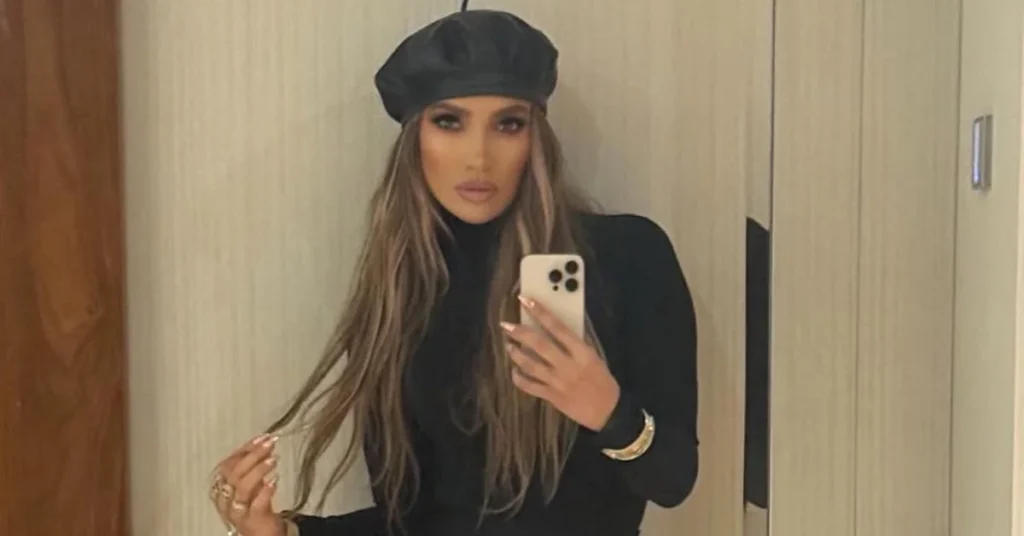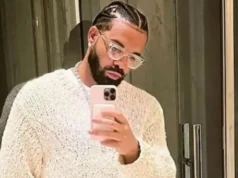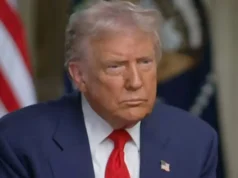J.Lo says criticism of the Puerto Rican star makes little sense — and predicts many skeptics will leave the show surprised.

Jennifer Lopez has stepped into the bubbling controversy surrounding Bad Bunny’s selection as the headline act for the 2026 Super Bowl Halftime Show, offering an emphatic defense of the Puerto Rican superstar and a reminder of what a halftime performance can achieve.
Bad Bunny’s booking triggered sharp pushback after he chose to exclude the United States from a recent tour, citing worries that immigration checkpoints could be positioned outside some concerts.
That decision — and the broader cultural and political context around immigration enforcement — prompted critics to question the NFL’s choice for one of the most-watched stages in global entertainment.
Lopez, who shared the halftime spotlight with Shakira at the 2020 Super Bowl, told viewers on a national morning show that she finds the uproar puzzling. She argued Bad Bunny ranks among the planet’s most influential performers and predicted his set will win over doubters.
According to Lopez, his music “transcends language” and his live shows are evidence of a performer who knows how to move a stadium.
Bad Bunny himself has met criticism with a mix of pride and defiance. While guest-hosting a recent Saturday Night Live episode, he used his monologue to celebrate the milestone and to address detractors directly — telling critics they have months to catch up, even joking that they could “learn Spanish” before the performance.
In a moment aimed at Latino audiences, he framed the booking as a collective achievement: a sign that the contributions of Latinos in the U.S. are visible and irreversible.
The controversy has also drawn reaction from political figures. Officials aligned with the current administration have suggested they view the NFL’s decision as contentious and have emphasized plans to maintain immigration enforcement at large public events.
Those remarks have only sharpened the divide between artistic celebration and political response, turning a halftime announcement into a flashpoint for broader national debates.
There are a few layers to unpack. First, the Super Bowl halftime is not merely a performance — it is a cultural signal. Past headliners have used that platform to amplify identity, politics, or sheer showmanship, and audience expectations are always filtered through social context.
Lopez’s defense underscores a key argument in favor of headlining choices like Bad Bunny’s: halftime shows can introduce non-English-language artists to mainstream viewers and expand what is considered “American” pop culture.
Second, the backlash highlights how entertainment choices increasingly collide with policy and politics. Bringing immigration enforcement into the conversation about a musical performance risks turning what should be a shared spectacle into a vehicle for enforcing or challenging public policy — and that polarization diminishes the possibility of appreciating art on its own terms.
Finally, Lopez’s reaction is also a reminder that the best halftime shows are judged on execution. A skilled production can silence cynics in real time; audiences who arrive skeptical often leave impressed. If history is any guide, the most lasting verdict will come onstage in February.
As a cultural observer, I find the intense politicization of this halftime booking regrettable. Bad Bunny’s rise represents the globalizing of popular music — artists increasingly speak across languages and borders. Celebrating that shift on one of television’s biggest stages is not an erasure of national concerns; it’s an acknowledgment of a changing audience.
If officials are worried about safety and logistics, their role should be operational — ensuring every attendee can enjoy the show safely — rather than using enforcement rhetoric to score political points. Ultimately, the most constructive response is to let the show happen, evaluate it for its artistry, and allow listeners — not politicos — to decide whether the performance mattered.
The Super Bowl is still months away. Between now and then, expect debate to continue. But when the lights go up in February, the performance itself will likely be the clearest answer to those asking whether Bad Bunny belongs on that stage.











